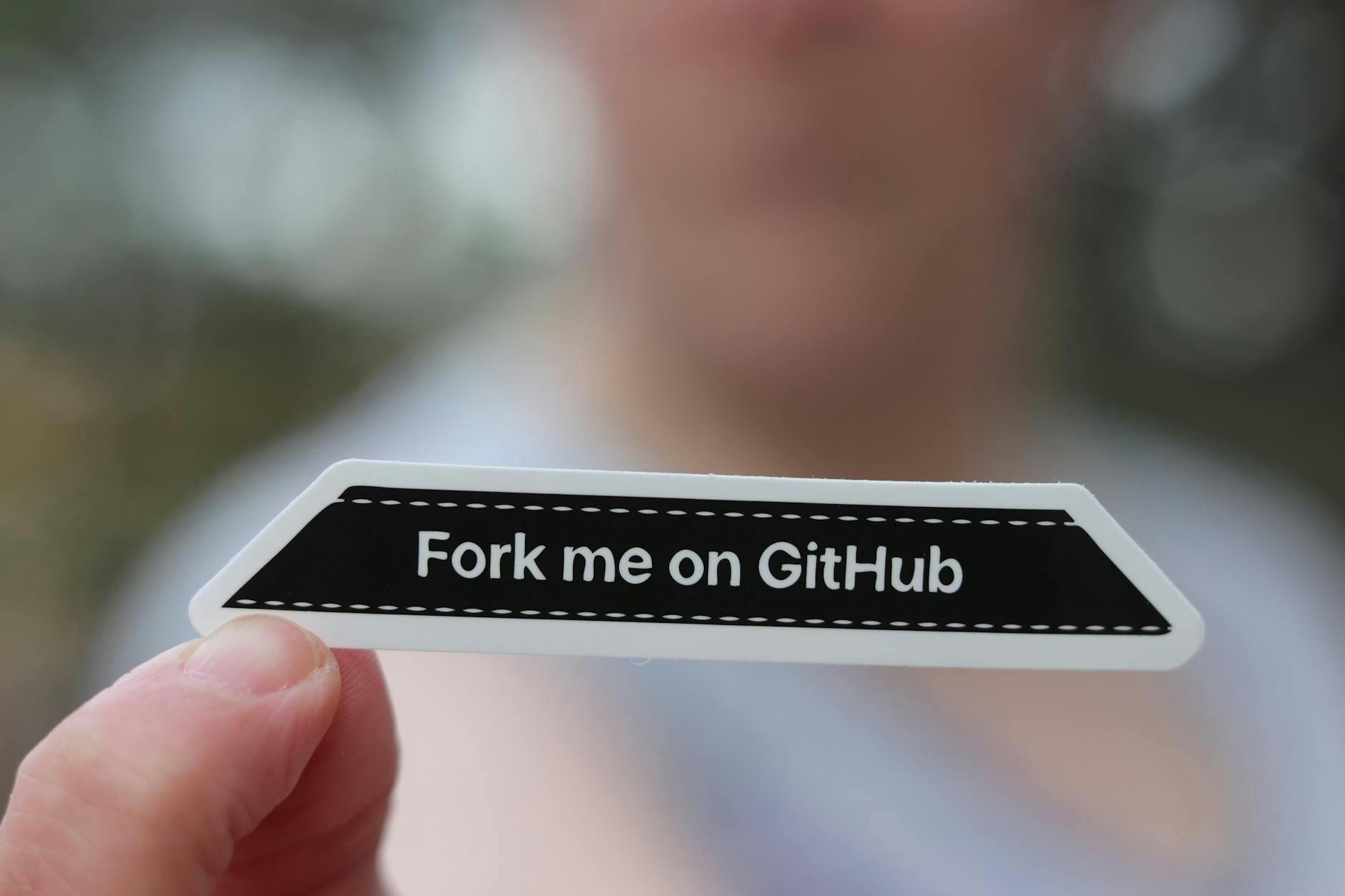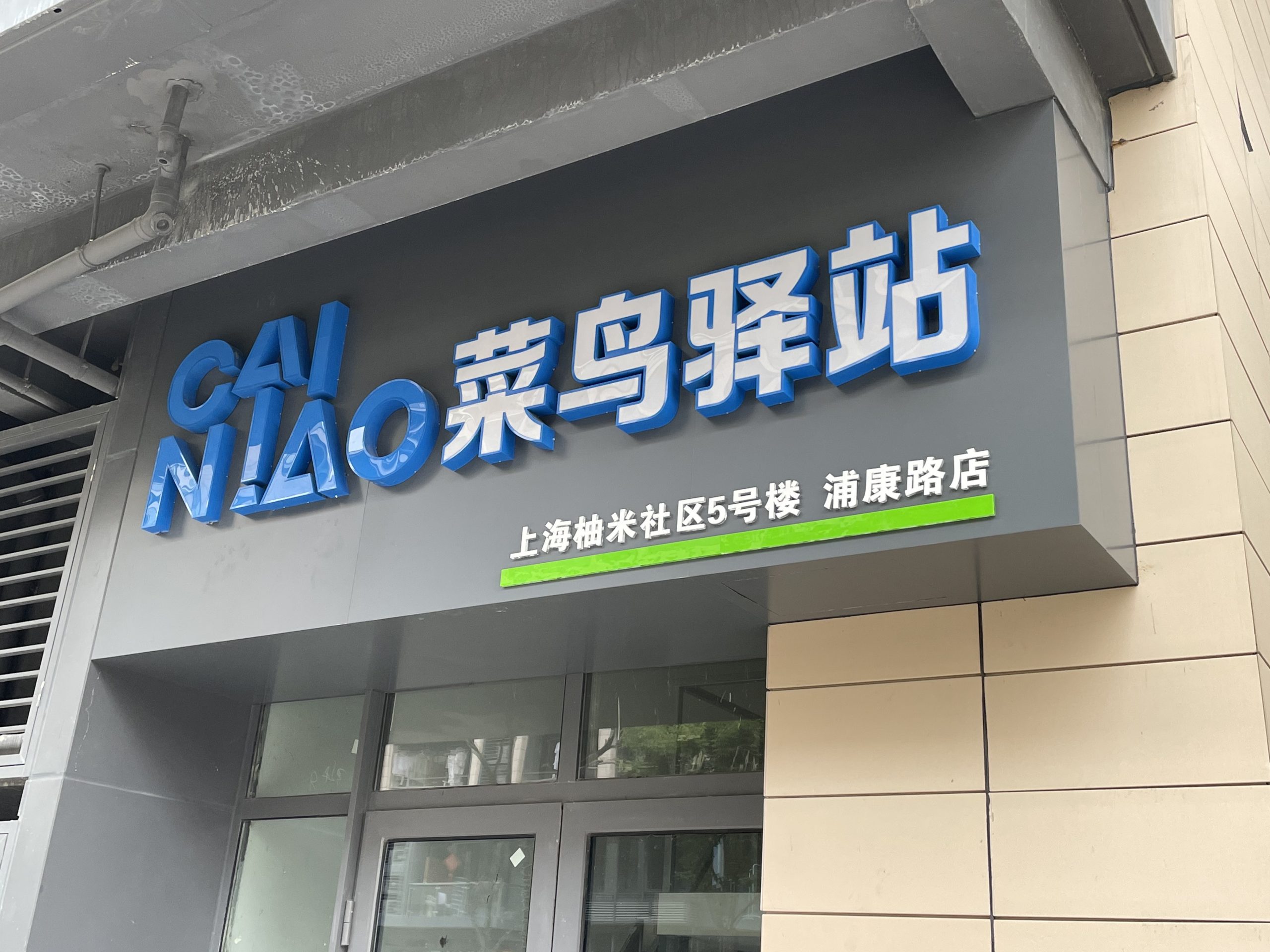Generative AI “GenAI” is now being used in part to help determine the Linux kernel patches that should be back-ported to prior current stable Linux kernel releases such as the all-important Linux Long Term Support (LTS) branches.
Linux LTS co-maintainer Sasha Levin was the one helping push along the recent Linux kernel documentation around AI coding assistant use. It now appears Sasha Levin is using AI/LLMs to help in figuring out the patches that should be back-ported to existing Linux kernel releases.
Typically kernel developers will “CC: stable” for patches that are explicitly marked for back-porting from the Linux upstream Git to prior releases. For patches not explicitly being marked, AI is now helping out given the demanding challenges of the upstream Linux LTS maintenance.
Sasha Levin is employed by NVIDIA as a “Linux kernel hacker” and with patches for back-porting sent out by this Linux LTS co-maintainer there’s beginning to be LLM-generated messages. Such as this patch this week adding:
LLM Generated explanations, may be completely bogus:
Now I have a better understanding. Let me analyze the commit to determine if it should be backported:
**Backport Status: YES**
## Extensive Explanation:
This commit should be backported to stable kernel trees for the following reasons:
…
The large language model generated response then goes on to note that the particular patch fixes a user-facing problem, it’s a regression fix, limited scope and low-risk of causing issues, and a hardware-specific fix, among other details in favor of back-porting the patch to Linux kernel stable releases.
There are similar AI/LLM-generated messages with other patches posted this week for back-porting too.
It will be interesting to see moving ahead what more AI usage is found for assisting the upstream Linux kernel development.









